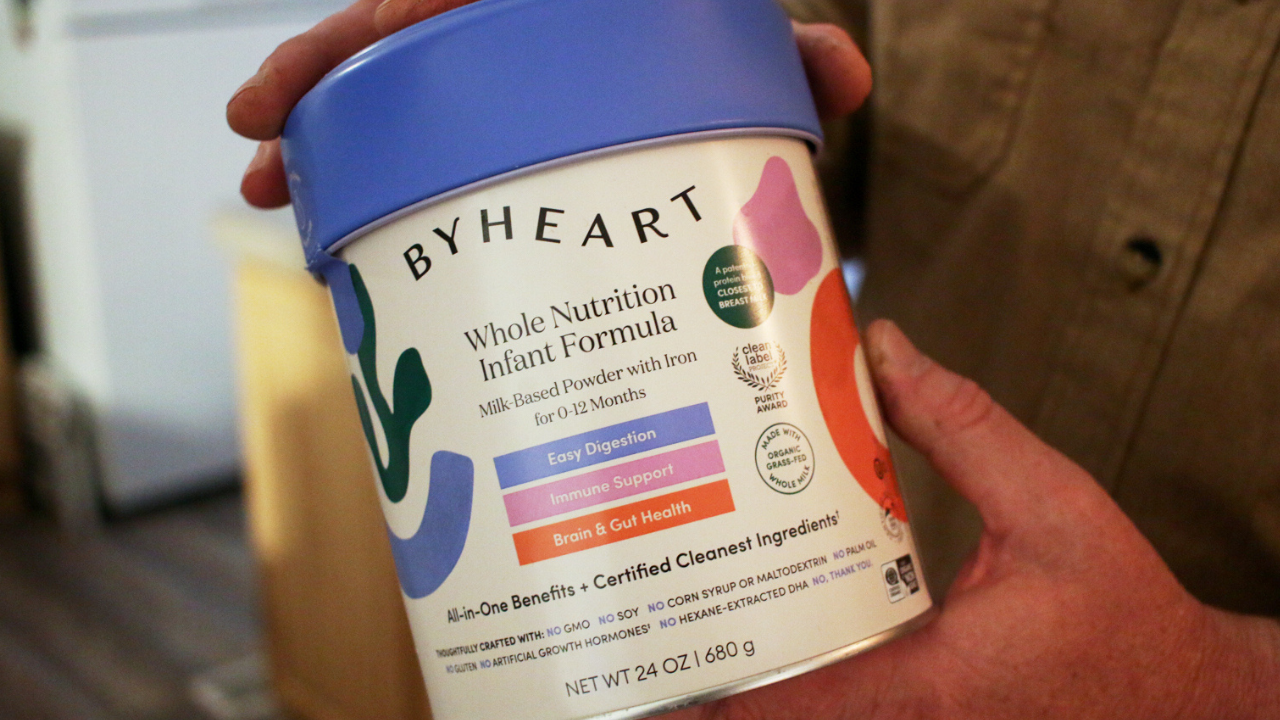ST. GEORGE, Utah — There are no confirmed cases of botulism in Utah after a nationwide recall of a specific brand of infant formula, but we still went looking for answers for parents and those who take care of infants on what they need to know.
Caregivers like St. George nanny Annie Bateman already have a laundry list of things they keep an eye on.
"Making sure that they're getting the right nutrition, making sure that they're getting the right things to, like, feed their mind," said Bateman.
Dr. Andrew Pavia, a pediatric infectious disease specialist with the University of Utah, said if your child hasn't used the specific ByHeart brand of infant formula, there's nothing to worry about.
"There's no evidence that it's in other brands of infant formula, certainly not in breast milk," Pavia explained.
If you're a parent or caretaker who used the ByHeart formula in the summer and your baby's fine, you also have nothing to worry about. But the concern is still there after 23 infants nationwide became ill with botulism.
The FDA issued the voluntary recall on all ByHeart formula, mostly sold online and branded as an organic “clean” alternative to other formulas. It's also sold at Whole Foods Markets, along with some Smith's, Target and Walmart locations.
The FDA said ByHeart represents only 1% of formula in the U.S. market, but 40% or more of recent cases.
Pavia said botulism is caused by a bacterium found in the soil, with spores able to end up in the production of formula.
So what can parents look for?
"Babies with botulism, the first sign is they get very, very constipated. They just don't poop," Pavia explained. "Then they may develop floppiness, so they may not be able to control their head, or their arms may not be moving the way they were. You may see the eyelids start to droop.
"One of the things we look for clinically is a poor suck, a baby isn't latching onto the nipple, not able to take the bottle well."
For parents, there’s actually one thing that’s more likely to be in your cupboard right now that is even more of an imminent danger to your infant. And you may not know it: honey.
"These spores can survive in honey," said Pavia. "And occasionally, when you feed an infant honey, the spores can get into their gut and start to grow. That's the same problem that's happening [with] ByHeart formula, is that there are botulism spores in the formula."




